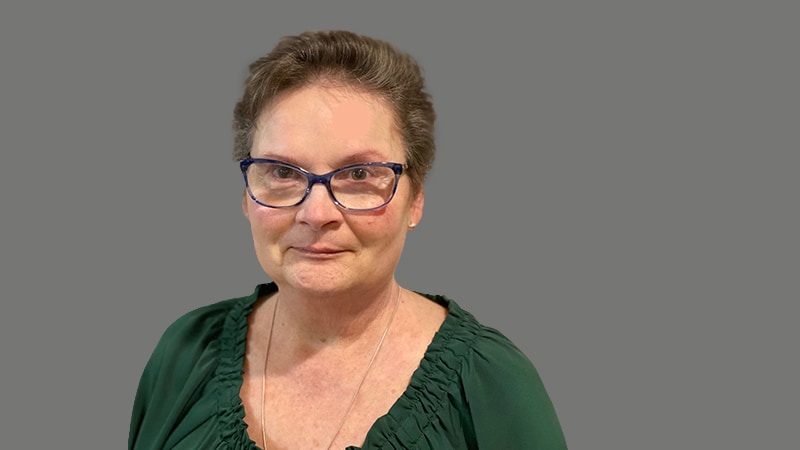According to recent statistics, 1 in 5 nurses have retired from active duty since the pandemic began. Far from feeling like heroes, nurses now feel exhausted, demoralized, underappreciated, and severely overworked. They are broken in ways that cannot be repaired.
Recently, an intensive care unit nurse abandoned his shift in the middle of the night and walked off into the unknown only to be found deceased 2 days later. What happened to this caregiver? Was his distress so severe he could not communicate pain? One can only wonder.
Nurses across the country are suffering from moral injury.
What is moral injury? According to the US Department of Veteran Affairs, moral injury can occur when someone engages in acts that “conflict with their values or beliefs.” Although healthcare workers are trained to frequently witness patients in distress — even dying — the types of situations they have observed during the pandemic have driven them to much higher levels of stress. Nurses are finding it increasingly difficult to cope.
Imagine a nursing supervisor who has one bed available for intubated/ventilated patients when five more potentials are waiting in the emergency department — or worse, they are sitting in a waiting room but are critically ill and urgently require an assessment that will be delayed.
Tassia Trink, a registered nurse in southern California, says pandemic numbers rose so rapidly that emergency room patients would be waiting up to 18 hours for a bed. Consequently, nurses were forced to make decisions about which patient was moved into an ER bed first. As a seriously ill couple waited for care, Trink was forced to pick which spouse should be moved first. Although both spouses were eventually seen, Trink selected the partner with the lowest oxygen saturation (70%). What she discovered about the experience: There is no true emergency in a pandemic.
This is what nurses feel prepared to do, but it violates their moral code.
Nurses may be unfamiliar with the process of rationing care, but the pandemic has changed that perspective. Nurses are now dealing with a form of rationing that leaves them miserable, in tears, and in persistent distress.
Providing care for 10 patients as opposed to a maximum of five forces nurses to make appalling decisions. Which patient needs my attention now? Will another patient die while I am in this room? How can I choose without suffering lasting trauma from my decisions?
Nurses have repeatedly been placed in impossible situations throughout the pandemic.
Remember the early days of PPE shortages? Nurses went without appropriate attire to protect their peers, at times with fatal results. Nurses who were exposed to days of donning garbage bags instead of gowns have grown tired of making decisions in an environment where they are not capable of exerting autonomy or protecting all who need assistance. This has often been described as burnout, but the term has been erroneously used to describe feelings and distress that run deeper.
Nurses are used to demanding work. They work extra shifts to help peers and expect to work their share of weekends and holidays. However, since the onset of the pandemic, nurses are being asked to give more than they can sustain.
In California, nurses have been asked to continue working after a positive COVID test, if they are asymptomatic. Nurses may believe this is an unfortunate decision, knowing they could infect the vulnerable, despite taking appropriate precautions. In other states (and under circumstances of heavy COVID surge), nurses are asked to use paid time off if they are diagnosed with COVID. This requires them to work without additional time off when they are already pushed to the limit.
The profession prides itself on delivering the highest quality care it can. But when was the last time nurses felt that they were meeting this standard? How can they? They are working in a system where their own needs are minimized to meet the demands of an ongoing COVID patient population.
Moral injury, which can lead to moral trauma if unresolved, is different from burnout. Moral injury affects our sense of right and wrong. Moral injury is different because it represents a situation of witnessing care or offering care that conflicts with our internal compass. It is witnessing patients die without loved ones, repeatedly, or instituting a crisis standard of care that feels endless, although no earthquake, tornado, or bus accident has occurred. It is a feeling of running behind without the possibility of ever getting a break.
Moral injury is lasting distress that leads to feelings such as guilt, anger, and shame. There are true psychological implications for this type of angst. Nurses already suffer from a higher level of suicide rate than the general population. Consequently, nurses may not have coping mechanisms to deal with this prolonged distress. It is time to wonder: Will nurses survive the COVID pandemic, or will changes need to occur within the profession? Worse, will more nurses abandon patients during a shift, with horrific results?
With no end in sight, the COVID pandemic could leave nurses irrevocably changed. How will the profession survive?
Join Medscape’s new blog initiative! We’re looking for physicians, nurses, PAs, specialists, and other healthcare professionals who are willing to share their expertise in one to two paid blog posts per month. Please email Medscape-Blogs@webmd.net for more information.
Follow Medscape on Facebook, Twitter, Instagram, and YouTube
About Diane M. Goodman
Diane M. Goodman, BSN, MSN-C, APRN, is a semi-retired nurse practitioner who contributes to COVID-19 task force teams and dismantles vaccine disinformation, as well as publishing in various nursing venues. During decades at the bedside, Goodman worked in both private practice and critical care, carrying up to five nursing certifications simultaneously. Yet she is not all about nursing. She is equally passionate about her dogs and watching movies, enjoying both during time away from professional activities. Her tiny chihuahuas are contest winners, proving that both Momma and the dogs are busy, productive girls!

